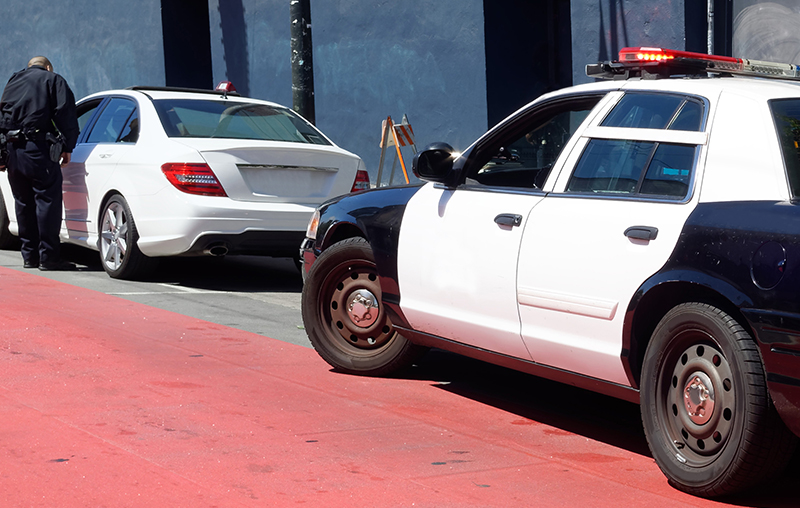
The dangers of drinking alcohol and driving are well known. You can end up in jail—or worse, a deadly car crash. The effects of other drugs on driving—even prescription and over-the-counter medicines—aren’t as clear. A recent study suggests many people may not know that their medicines can make driving unsafe.
Recognizing the risk
In a recent study, researchers asked more than 7,400 drivers about the risk of driving while taking certain medicines. The drivers were randomly chosen at five locations across the U.S. They were directed to enter roadside checkpoints. During the traffic stop, they answered questions about their use of alcohol, illegal drugs and medicines.
About one out of five drivers said they took certain prescription medicines that could have an effect on driving. The most common were sedatives. These include muscle relaxers and sleep aids.
Other medicines causing potential impairment
- Antidepressants
- Pain relievers like oxycodone
- Stimulants, such as diet pills or medicines for attention-deficit/hyperactivity disorder
The researchers found that many drivers didn’t realize these medicines could make driving unsafe. Those who took sedatives were most likely to know about the danger—more than eight out of ten of them were told by their healthcare provider or read the medicine’s warning label. People were much less aware of the impairing effects of the other medicines. In fact, only about six out ten of those taking antidepressants or stimulants knew driving may be risky.
Steering clear of problems while driving
The effects of medicines on driving can be less predictable than alcohol. Why? Not as much research has been done on them. Plus, your reaction to a certain medicine may be different from another person’s. It may depend on the dose and how long you use it. The number of medicines you are taking can also play a part. They can interact badly with each other.
Many medicines can hinder your ability to drive. These include medicines taken for a health problem such as anxiety, pain, depression, seizures or insomnia. Also be wary of over-the-counter medicines used for colds, allergies, diarrhea and motion sickness.
Side effects of some over-the-counter medicines
- Drowsiness
- Dizziness
- Fatigue
- Lightheadedness
- Blurred vision
- Shaking
- Slowed response time
- Inattention or lack of focus
Talk with your healthcare provider about your medicines
Make sure each of your providers know about all medicines you are taking, including over-the-counter ones and supplements. Doing so can help prevent possible interactions.
Other steps to prevent impaired driving
- Always take your medicines as directed. Taking a pill more often or at a higher dose can raise the risk for side effects.
- Heed all warning labels.
- Tell your healthcare provider about any reactions. If you are having problems, he or she may be able to change the dose of the medicine, how often you take it, or even the type of medicine.
- Always wear your seat belt when driving.
- To give driving your full attention, put your phone away when driving. You can answer calls and texts when you arrive or stop your car.
Take this quiz to learn more about how your medicines can interact with each other.

